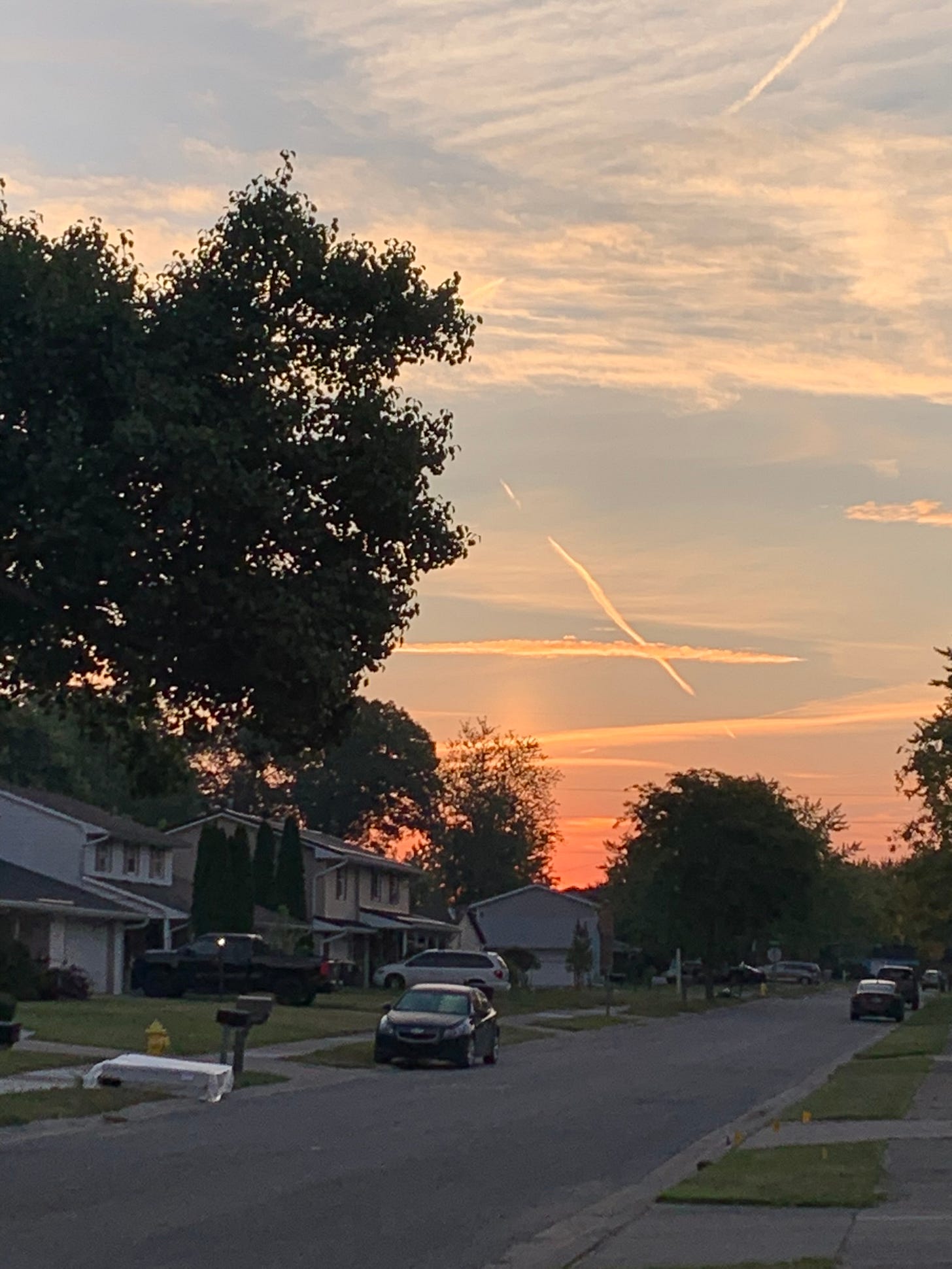033 - When the people who care need the care.
An a "This is Hard" story and the value of Best Moments.
Welcome back (or welcome)!
When you work in EMS and hospice, you know what happens in hard times. Pastors and chaplains are familiar with death and grief. Surgeons and therapists know inside and out how bodies and hearts are broken.
And we all know the things to say.
Until, of course, the person in the bed is your mom.
And you are the one in tears.
Just because you know the answers doesn’t mean you don’t feel the questions.
When I talk to helpers who are facing death in their own families, I acknowledge the challenge of turned tables. I remind them that there are nurses and physicians and chaplains who can care for them, so they can be the grieving son or spouse or parent.
The daughter said, “I was afraid I was getting callused.”
“You’ve got calluses from all the conversations,” I said. “You’ve built some toughness around watching the effects of trauma. But there’s a difference between calluses and being callused. When the defenses are down, you still feel.”
She agreed. Through the tears. As she looked at her mom.
Months later, I remind them of their grief. Because since the death of their loved one, they’ve cared for other families, their own family, the whole community, the congregation. And their own loss has been set aside. Almost forgotten.
Until I remind them why it’s so hard to think right now, why they are so tired.
Once the death is remembered, sometimes now there is time to weep.
And yes, I am thinking about you.
+++
The other day, I was in a room talking with a family after the death of their loved one. They’d been in the room for a couple days, as her story went up and down.
I showed them the grief packet we give. “When you get home, throw it against the wall,” I say. “And then remember what wall you threw it against.” Someone in the room always smiles. “Because it’s helpful. But you don’t need it right way.”
And then I opened the packet to point out a couple things.
And the son-in-law leaned across and pointed to the white book in the packet.
“That’s really good,” he said. “We were reading it to each other yesterday sitting in here.”
He was talking about This Is Hard: What I say when loved ones die. It’s the book I wrote from what I’ve learned in conversations like this. It’s included in all the grief packets at our hospitals.
I don’t often talk to people who’ve read it when we’re in the middle of the conversation. But I was grateful for the confirmation that it’s helpful.
And I did thank him.
+++
Make a list of best moments. It’s the starting point in Jon Acuff’s newest book, All It Takes is A Goal. He suggests writing down things that have been best moments in the last days or weeks or years. Not biggest or most lucrative, not hours or presentations. Best moments.
Like watching Ben laugh when I make a noise.
Like finding a bag of coffee for a great price at the discount store.
Like figuring out where a patient’s husband was in the parking lot when he wouldn’t answer his phone.
Like telling Nancy that the 7:30 vapor trail was illuminated in the sunrise.
Best moments.
It’s been an interesting exercise this week for someone gifted at remembering (and predicting) the worst.
A blank page and a pen. A few minutes to start. It may be its own best moment.
+++
Thanks for stopping by. See you next week.
Jon
(By the way, for buy me a coffee supporters. I have the Acuff book because I spent coffee money on it. I hope you don’t mind.)







That's what the coffee support is for. Glad to see it add up and go towards all sorts of things that fill you up.